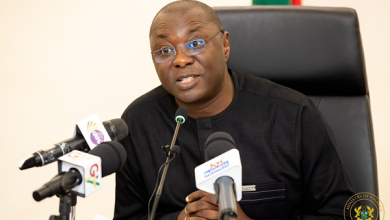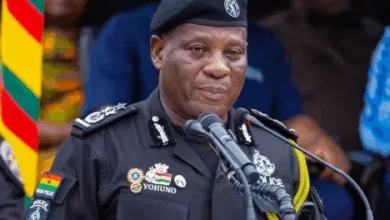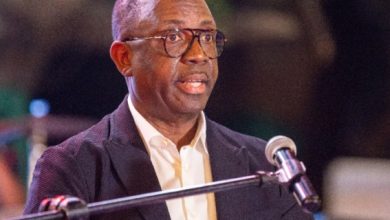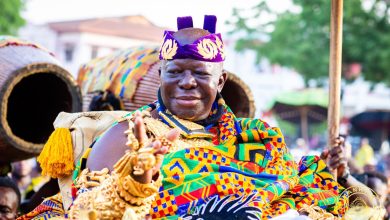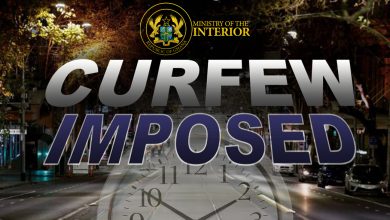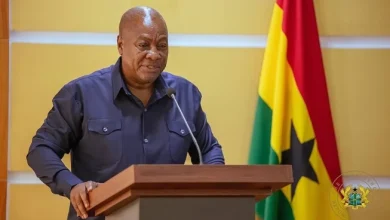Celebrating A Pillar Of Peace: I Feel Wounded By Negative Perception Of Africa – Otumfuo tells United Nations

In a historic speech at the United Nations in New York, Asantehene Otumfuo Osei Tutu II said he feels wounded and affronted by the perception that somehow Africa does not have what it takes to run its affairs. But, he posited, “Africa indeed has what it takes and more. The problem is a historic fault line from the decolonization settlements of the 50s and the 60s.”
Explaining further, the King said, before colonial incursion into Africa, the continent had strong traditional systems of governance, but the emerging post-colonial powers unfortunately left out the chiefs in national governance.
“Some like the Asante had sophisticated leadership but the rising leaders of the freedom movements failed to appreciate the strategic role of the chiefs and rather unwisely lumped them together as appendages of the colonial powers. The mistrust created between the nascent political leaders and the chiefs was to create the fault lines from which the continent suffered,” he posited.
His Majesty noted that, the western democracy that emerged in post colonial Africa, left out traditional authority that had served the people for centuries.
The Asantehene spoke at the United Nations General Assembly High-Level Forum on the Culture of Peace in New York on September 13, 2019. The event also marked the 20th Anniversary of the adoption of the “Declaration and Programme of Action on a Culture of Peace.”
Ethnic allegiance
Otumfuo said, “It remains a conventional wisdom that tribal or ethnic allegiances are responsible for Africa’s predicament. This implies that we are so parochial in outlook.” Although, he said ethnic loyalty also exists in Europe, the problem in Africa is that, the true traditional institutions in Africa are left out from mainstream political governance.
New partnership
The Asantehene called for new partnership between traditional governance and state authorities in the spirit of authentic collaboration.
“I’m proud that in a quiet and informal way, we in Ghana are showing the spirit of traditional and contemporary cohesion in governance. In cases where the political temperature are on the verge of boiling over, it has been possible to bring the combatants into a quiet conclave to cool down passions and restore calm.
“At the conclusion of the last [2016] presidential and parliamentary elections, the country stood on the edge of disaster. The UN and the diplomatic community were aghast that Ghana was about to slip the slope of electoral violence . Fortunately, the moral authority of the [Manhyia] palace was at hand . We were able,to persuade to allow the losing candidate to accept his fate and to get both candidates for peaceful handover,” he stated.

